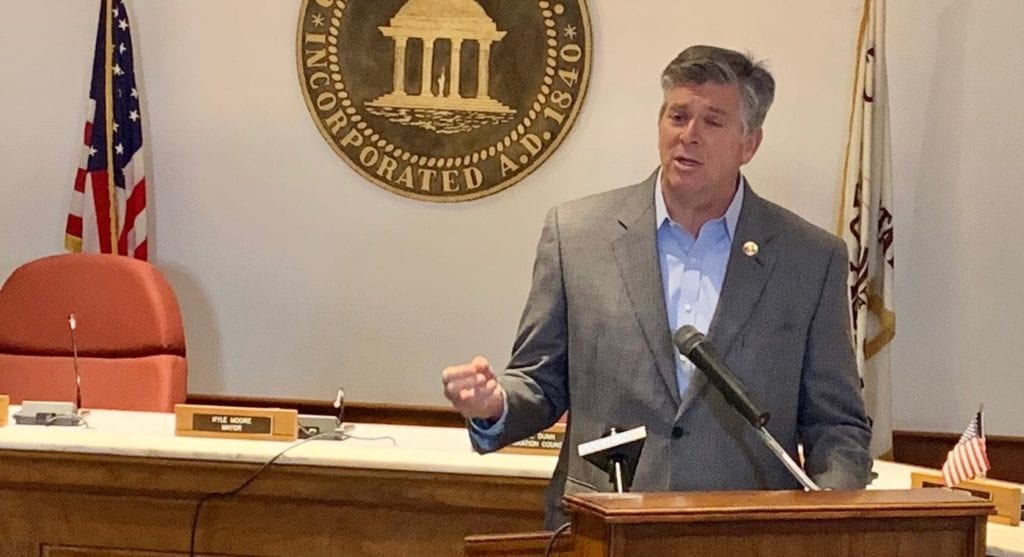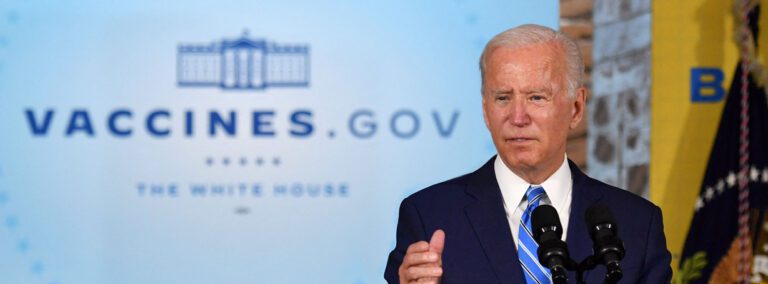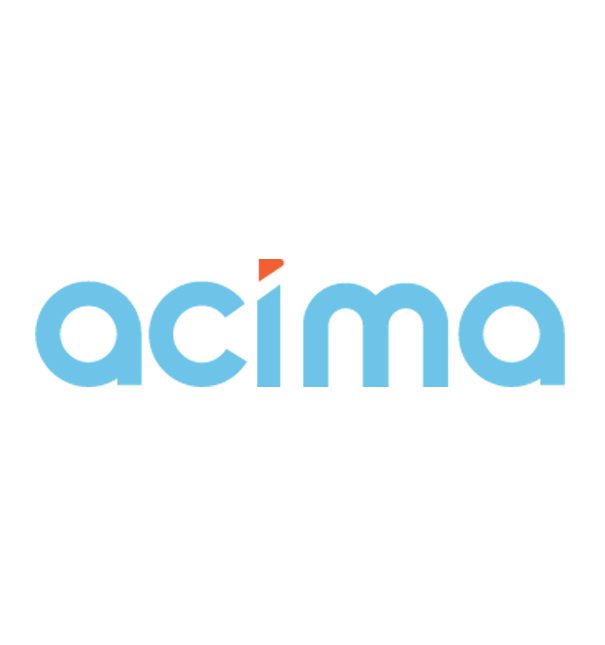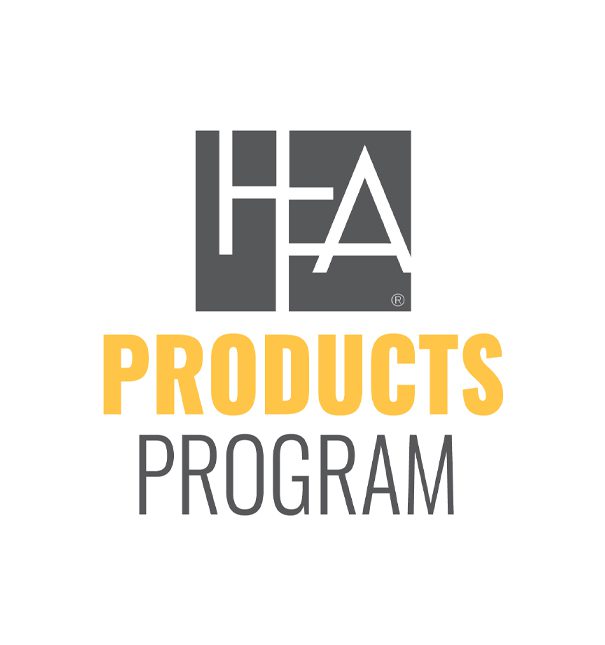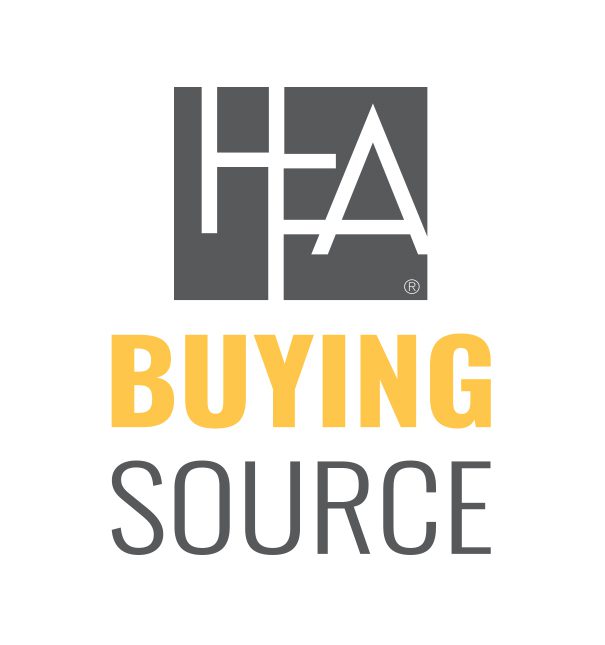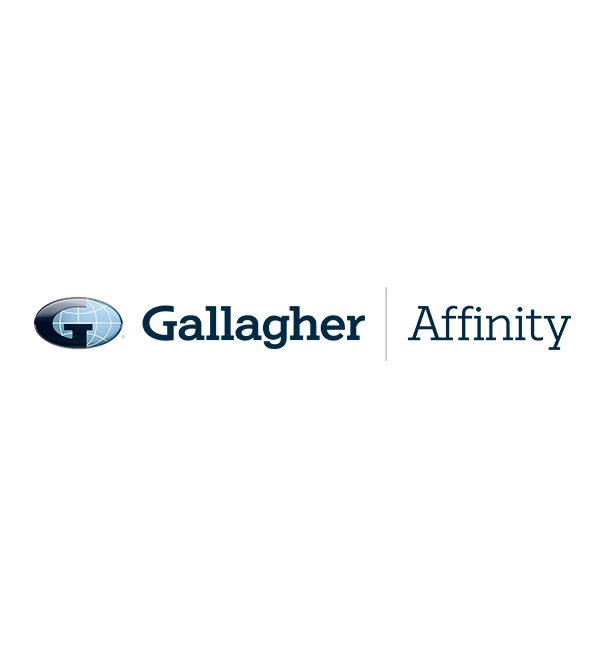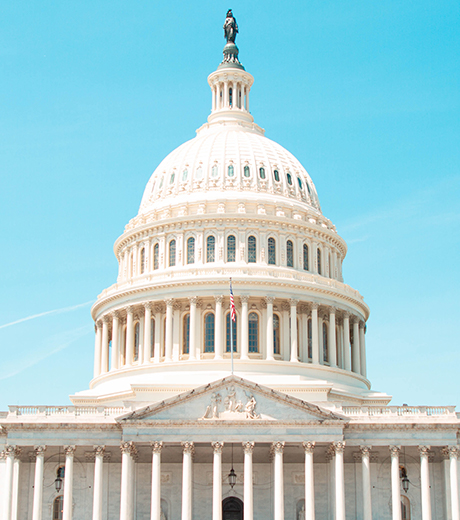Furniture retailers would get more flexibility to spend Paycheck Protection Program funds and earn loan forgiveness under a bill passed 417-1 by the U.S. House of Representatives Thursday.
A similar measure will be considered in the Senate next week.
The Home Furnishings Association pushed for the changes in letters to congressional leaders and conversations with individual lawmakers.
“We have to look at how we give discretion, flexibility to small business owners that received the funds because we are coming up on the loan forgiveness deadline, depending on when you qualified and when you got that money,” U.S. Rep. Darin LaHood (R-Ill.) told HFA’s Government Relations Action Committee in a phone call Wednesday. “We need to address that, sooner rather than later.”
The lending program, restricted to businesses with fewer than 500 employees, gives borrowers the chance to have their loans forgiven. But there was a catch: They had to spend the money within eight weeks – and three-fourths was required to go for payroll costs. Yet, many businesses were still closed by state orders, making it less feasible to keep employees on their payrolls with little or no work to do.
Bill extends forgiveness window to 24 weeks
The House bill would:
- Extend the eight-week forgiveness window to 24 weeks.
- Push the deadline for rehiring employees from June 30 to Dec. 31.
- Lower the payroll threshold from 75 percent to 60 percent.
- Allow loan recipients to defer payroll taxes.
“Small businesses know how to run their business better than anybody,” LaHood told HFA members Wednesday. “When you think about the fact that, through no fault of their own, they were forced to close down, shelter in place through this pandemic, now we have to exercise through legislation the ability to do that.”
With deadlines looming, the additional time may have to be granted retroactively for some borrowers, LaHood said, “but we’re prepared to do that.”
Under the original guidelines, businesses must apply for loan forgiveness to their lenders once eight weeks have passed from the time they received their loan or, alternatively, eight weeks from the start of their first pay period after getting their loan. Even after the eight weeks expired, they had until June 30 to restore their employee headcount and payroll to qualify for full forgiveness if they met the 75 percent payroll requirement. The new bill would give them more time and more latitude.
LaHood tells HFA he supports liability protection
But it must pass the Senate and then gain the president’s signature. However, LaHood said he expects the measure to be bundled into a larger bill containing more-controversial proposals. Those could include funding for states, changes to unemployment benefits and liability protection.
“The last thing our small businesses need to be worried about is litigation related to COVID,” LaHood told HFA members. “We have to fix that with liability insurance moving forward.”
The HFA strongly agrees. As long as businesses follow guidelines published by the Centers for Disease Control and Occupational Safety and Health Administration, they should not be subject to legal actions by plaintiffs who claim they were infected due to business neglect.
Democratic leaders oppose liability protection, citing meat-packing plants and other locations where many workers have tested positive for COVID-19. HFA contends those locations are not in any way comparable to furniture stores.
Senate Majority Leader Mitch McConnell (R-Ky.) insists that the next coronavirus recovery bill must contain provisions for liability protection.
“This is going to be a negotiation,” LaHood said. “I think there’s a path to get to an agreement. … (Democrats) are going to have to give in on liability insurance, I tell you, because McConnell is not going to have anything that doesn’t have that in there.”
‘Best stimulus is opening the economy’
LaHood also opposes an extension of enhanced unemployment benefits as currently structured. An earlier bill added $600 a week in federal dollars on top of state benefits for workers who lost their jobs during the crisis.
“We can’t continue to incentivize people to stay home on $600 a week, or more, not to work,” he said.
LaHood said he anticipates that another relief bill, once compromises are reached, will pass and will include changes to PPP and money for further lending. At the same time, “I think there’s a growing resistance to spending more money, putting in on the proverbial credit card,” he said.
“I’ve said the best stimulus is opening the economy, getting people back to work,” LaHood said. “Listen, we are a resilient, resourceful and responsible people, and business owners, and we’ll be able to transition. I think you’re seeing that in many other places across the country.”
HFA members should contact their U.S. senators and ask them follow the House lead on PPP flexibility. Contact information can be found here.
